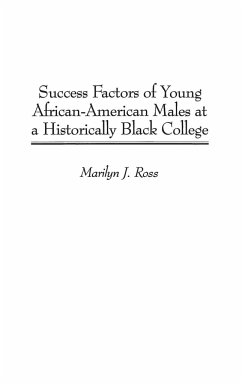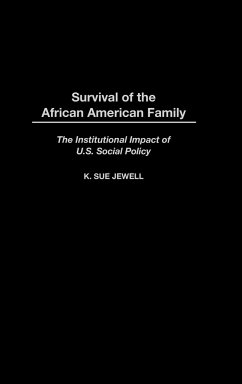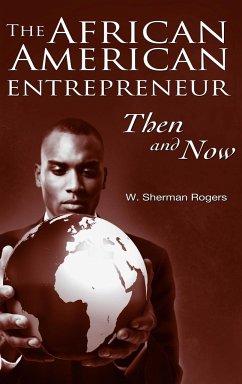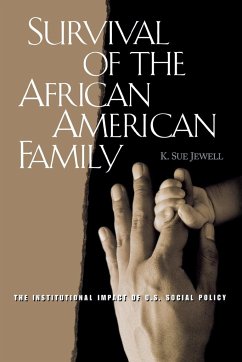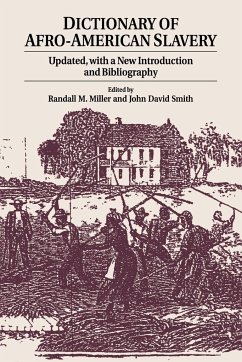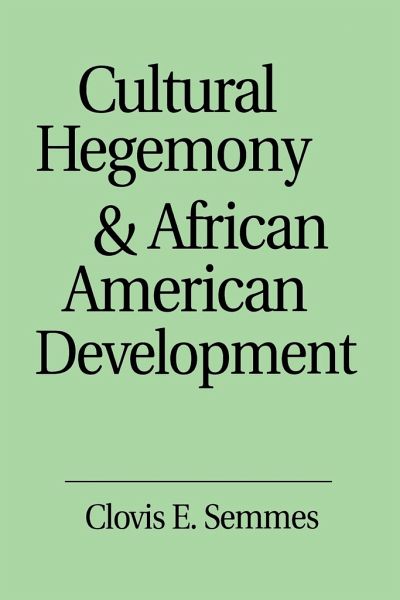
Cultural Hegemony and African American Development
Versandkostenfrei!
Versandfertig in 1-2 Wochen
44,99 €
inkl. MwSt.

PAYBACK Punkte
22 °P sammeln!
Clovis Semmes extends Afrocentric social theory by formulating the problem of structured inequality for African Americans in terms of cultural hegemony. Cultural Hegemony and African American Development challenges oppositional and segmented analyses that look at Black inequality in terms of either economic dislocation or racial oppression, and introduces the idea that what is at stake are the issues of progressive cultural adaptation, cultural reconstruction, and institutional development. What emerges is a new way of seeing and understanding the intellectual tradition and body of knowledge c...
Clovis Semmes extends Afrocentric social theory by formulating the problem of structured inequality for African Americans in terms of cultural hegemony. Cultural Hegemony and African American Development challenges oppositional and segmented analyses that look at Black inequality in terms of either economic dislocation or racial oppression, and introduces the idea that what is at stake are the issues of progressive cultural adaptation, cultural reconstruction, and institutional development. What emerges is a new way of seeing and understanding the intellectual tradition and body of knowledge called Black, African American, or Africana Studies. In chapter 1 Semmes defines the relationship between cultural hegemony and the African American experience and establishes how this relationship creates distinctive and recurring problems for development. The following two chapters analyze the works by sociologists E. Franklin Frazier and Harold Cruse. Chapter 4 explores the role of legitimacy in psychological and social psychological adaptation, and inter- and intra-group relations. In Chapter 5, Semmes analyzes the relationship between the political economy of the mass media and African American aesthetic and artistic production, and argues that the expropriation of African American cultural products is a structural problem contributing to cultural negation. Chapters 6 and 7 examine two important institutional forms: religion and health. Next Semmes looks at the significance of cultural revitalization efforts which reveal the collectively-felt need to transcend destructive hegemony. He concludes with a chapter on factors affecting the production of knowledge in African American studies and the implications for cultural development. Sociologists and scholars in Ethnic and American Studies, as well as African American Studies, will find this study useful.







